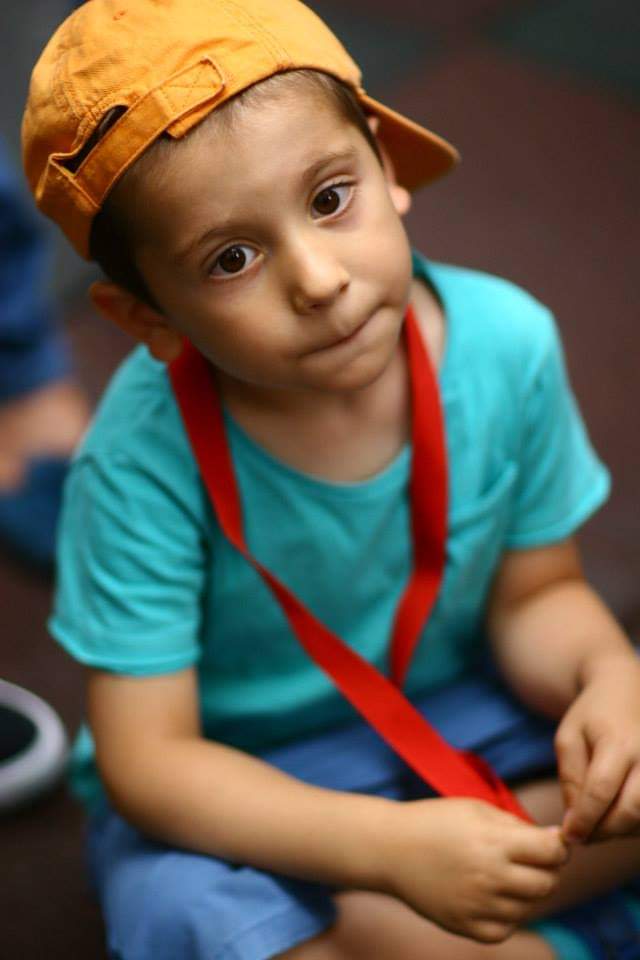Well-being is linked to a number of different benefits, including improved physical and mental health, faster recovery times after illness, a higher level of education, higher productivity and a healthier lifestyle.
According to the World Health Organization, well-being is “a complete state of physical, mental and social well-being, and not just the absence of disease or infirmity.”
Well-being is important to ourselves, our family, our friends and colleagues, and it is a vital component that allows us all to grow in all aspects of life.
What is well-being and why do we need it?
Above all, we all need well-being, and that refers to our basic needs as human beings. These are:
- Physical needs (need for food, drink, exercise and sleep);
- The need for affection, warmth and tenderness (to be embraced, to receive and to offer love and emotional warmth);
- The need for security, clarity and continuity (knowing the rules, being able to anticipate what is to come, counting on others);
- The need for recognition and affirmation (the feeling accepted and appreciated by others, being part of a group and having a sense of belonging);
- The need to feel capable (the feeling that you are good at something, to experience success).
Once these needs are met, we will be able to enjoy a state of well-being, we will be able to feel really good with ourselves.
Well-being must also be taken into account depending on how we feel and function in several areas, recognizing the multidimensional nature of well-being. These areas include cognitive, emotional, social, physical and spiritual well-being.
Goals and objectives
Starting from the basic needs of the human being, mentioned above, our nursery aims to enable children to develop their knowledge and understanding, but also the skills, abilities and attributes necessary for mental, emotional, social and physical well-being, both in present as well as in the future.
Every child is unique on this earth, and we believe in connecting the unique character of each child to the well-being of other individuals, as a collective well-being, which in the long run will shape the values and attitudes of the society they will be part of. will live).
Also, in this sense, we focus on giving a voice to each child, to be active learners and to develop strong character traits, which will allow them to succeed, prosper and contribute positively throughout life.
Our goals are to enable children to:
- To recognize their own value;
- To build good relationships and work well with others, to form a team;
- To develop positive relationships and respect for others;
- Understand diversity and differences;
- To know and understand what constitutes a healthy lifestyle;
- Developing safety awareness;
- Develop self-confidence and self-esteem and make informed decisions about personal and social choices.
As parents, educators and caregivers of children, it is important to allow and encourage the well-being of our children from an early age.
By being good role models for our children and helping them to develop positive ways of thinking and behaving, we can help improve the well-being of our children and teach them skills throughout their lives to maintain

